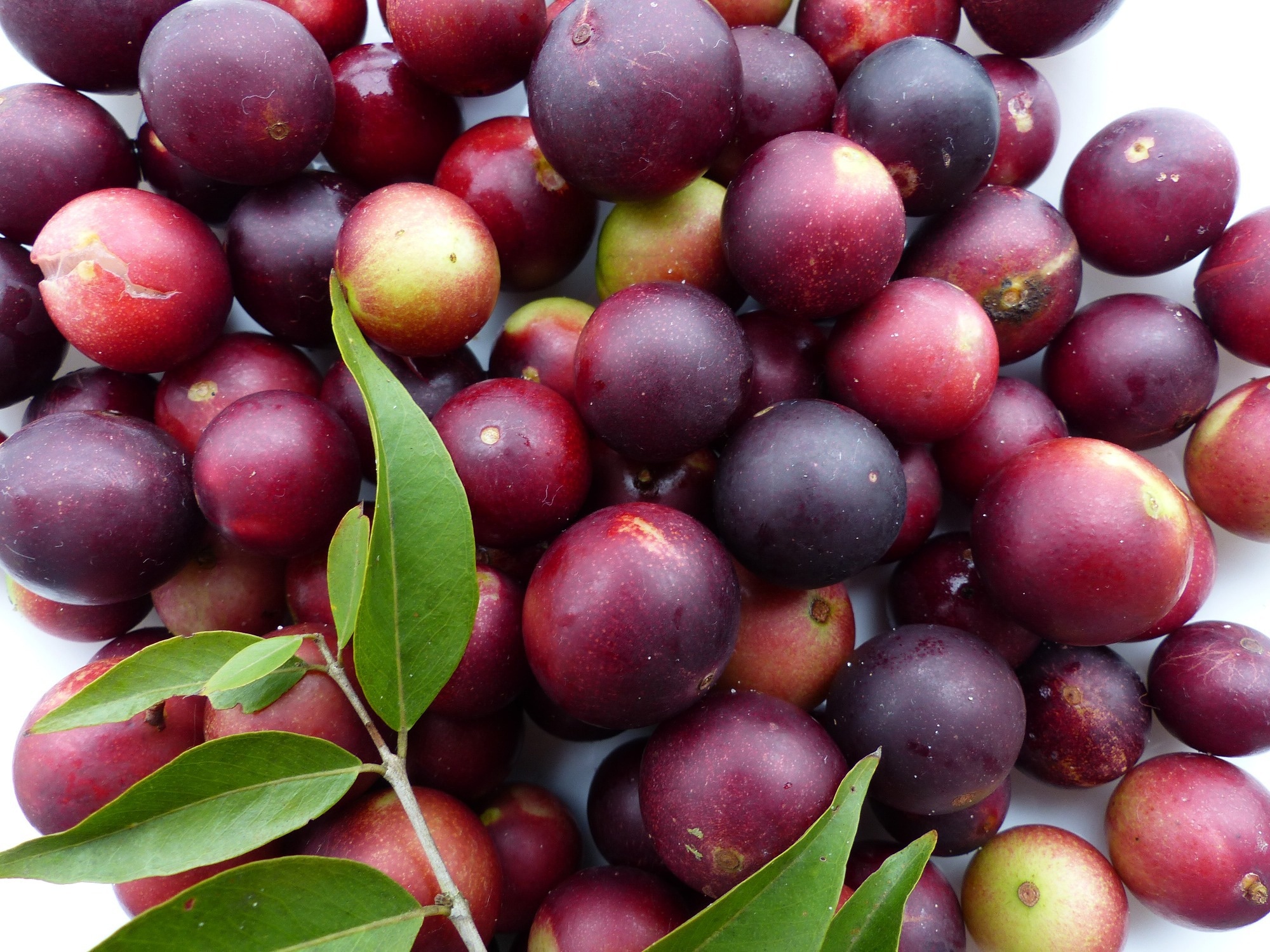In a recent study published in the PNAS Journal, researchers investigated the impact of dietary flavanols on the cognitive aging component associated with hippocampal-dependent memory and the link between habitual diet quality and the memory benefits of flavanols.
 Study: Dietary flavanols restore hippocampal-dependent memory in older adults with lower diet quality and lower habitual flavanol consumption. Image Credit: guentermanaus/Shutterstock.com
Study: Dietary flavanols restore hippocampal-dependent memory in older adults with lower diet quality and lower habitual flavanol consumption. Image Credit: guentermanaus/Shutterstock.com
Background
The age-related decline in cognitive abilities, not linked to the various cognitive diseases in the later stages of life, is known as cognitive aging. Studies in humans and other mammalian species have identified the hippocampal region as having one of the critical components of memory associated with cognitive aging.
Given that cognitive aging can significantly impact our lives and reduce the quality of life as we age, identifying diet and lifestyle-related modifiable etiological factors can significantly reduce the public health impact of cognitive aging.
Research indicates that diet quality, habitual diet patterns, and specific diet components could have etiological links to cognitive aging.
Flavanols are bioactive compounds commonly found in apples, tea, berries, cocoa, grapes, and various other vegetables and fruits, and studies have shown that flavanol consumption can improve hippocampal-dependent memory and slow cognitive aging by increasing angiogenesis.
About the study
In the present study, the researchers conducted an ancillary study to an ongoing double-blind, randomized, placebo-controlled study called Cocoa Supplement and Multivitamin Outcomes Study (COSMOS) that examined the effect of multivitamin and cocoa extract supplementation on total invasive cancer and cardiovascular disease occurrence.
The intervention consisted of cocoa extract, multivitamin capsules, and placebos, and included men and women above 60 and 65 years, respectively.
The ancillary study COSMOS-Web examined flavanol supplementation’s impact on hippocampal-dependent memory. The prespecified primary outcome of COSMOS-Web was the Modified Rey Auditory Verbal Learning Test (ModRey) test performance, followed by one year of intervention.
The secondary analyses tested effect modification based on baseline dietary quality reported by the participants. The specificity of the effect of flavanol on hippocampal-dependent memory was tested by contrasting it with performance associated with the prefrontal cortex, measured using the Flanker test.
The online platform of COSMOS-Web included a self-administered cognitive battery, which was installed through a web platform and run locally to circumvent internet-based delays in response logging. The performance data of the participants were automatically uploaded into the web platform after the completion of the battery.
The cognitive outcomes were measured using the ModRey test and the Flanker test. The ModRey test evaluates list learning and episodic memory recall, with 20 words presented to the participants with three seconds per word to retain it in memory.
The participants are then asked to recall the words immediately and 20 minutes after the list has been presented. In contrast, the Flanker test measures executive control. It comprises trials where participants must respond to a central arrow’s color and direction congruency surrounded by other arrows on the screen.
The reaction time difference between congruent and incongruent trials determines the directional flanker effect size.
The impact of flavanol consumption was assessed by analyzing the changes in cognitive measures across time and associations with alternative Healthy Eating Index (aHEI) and concentrations of 5-(3′,4′-dihydroxyphenyl)-γ-valerolactone metabolite (gVLM) in urine.
Results
The results indicated that chronic consumption of flavanol and baseline diet quality were selectively and positively correlated with hippocampal-dependent memory. Improvements in memory throughout the study were associated with increases in biomarkers of flavanol.
Furthermore, although the intervention-related memory improvement was not statistically significant at the end of the one-year-long trial based on the prespecified end-points tests, flavanol-consumption-associated memory improvements were observed in the lower tertiles of habitual flavanol consumption and habitual diet quality.
The memory improvements were observable after one year of intervention and were sustained over the next three years of follow-up. Furthermore, diet quality was associated more strongly with the hippocampal component of cognitive aging rather than the prefrontal cortex component.
Additionally, increased urinary concentrations of gVLM, a flavanol biomarker, were associated with improved hippocampal-dependent memory. In contrast, lower gVLM concentrations in the urine were linked to reduced baseline memory.
Conclusions
Overall, the findings indicated that flavanols were a constituent of a healthy diet, and the habitual consumption of flavonols and baseline diet quality were positively associated with improvements in the cognitive aging memory components related to the hippocampus.
The results highlighted the importance of dietary recommendations incorporating flavanol consumption to improve brain health and function.
